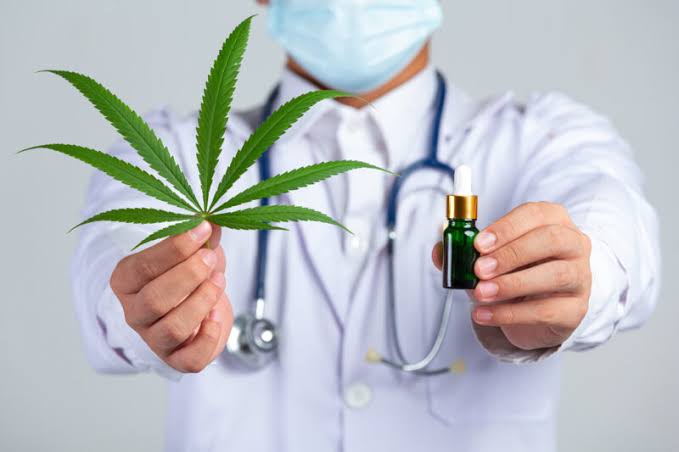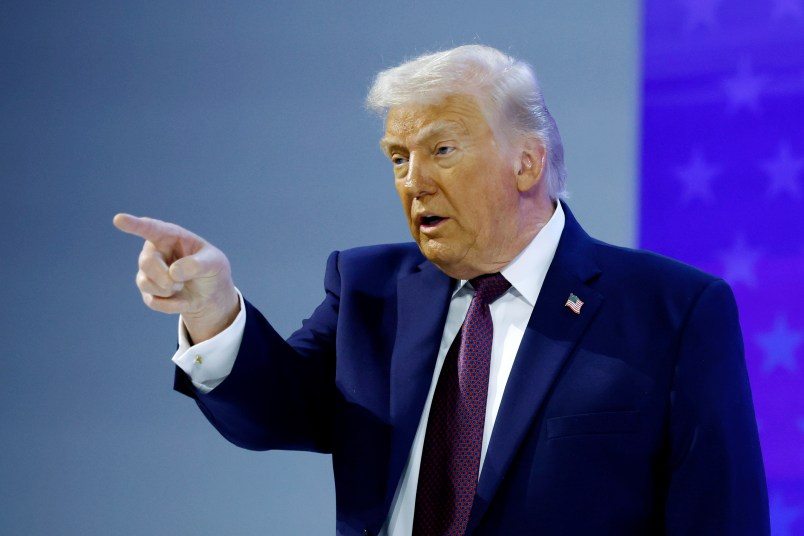
The unassuming cannabis compound, cannabidiol (CBD), is rapidly transforming from a niche wellness trend into a global industry, fueling both medical optimism and regulatory headaches. As of early July 2025, the non-intoxicating derivative of the Cannabis sativa L. plant is found in everything from oils to edibles, touted for an expanding list of health benefits, even as scientific validation and legal clarity struggle to keep pace.
Long overshadowed by its psychoactive cousin, tetrahydrocannabinol (THC), CBD has carved out its own formidable market. Consumers worldwide are drawn to its promise of therapeutic effects without the “high” associated with marijuana. Initially lauded for its potential to ease anxiety, the claims for CBD have broadened considerably, now encompassing chronic pain, epilepsy, insomnia, inflammation, and even addiction.
The scientific community, while cautious, has begun to validate some of these claims. The most significant breakthrough came in 2018 with the U.S. Food and Drug Administration’s (FDA) approval of Epidiolex®, a CBD-based medication for rare and severe forms of epilepsy. This landmark decision underscored CBD’s pharmaceutical potential. Beyond epilepsy, preclinical and some human studies suggest CBD’s efficacy in managing chronic pain and inflammation, reducing anxiety, and improving sleep quality. Researchers continue to explore its neuroprotective properties and its role in substance withdrawal, though these areas require further robust clinical trials.
The market offers CBD in various forms, primarily categorized by THC content. “CBD isolate” delivers pure cannabidiol, devoid of other cannabis compounds. “Broad-spectrum CBD” includes multiple cannabinoids and terpenes but no THC, aiming for a synergistic “entourage effect.” Meanwhile, “full-spectrum CBD” contains all naturally occurring compounds, including trace amounts of THC, typically up to 0.3% in many legal jurisdictions, a level generally considered non-psychoactive. This distinction is crucial, shaping both legality and consumer choice.
Globally, the regulatory landscape for CBD remains a complex mosaic. In the United States, the 2018 Farm Bill federally legalized hemp-derived CBD (under 0.3% THC), igniting a multi-billion-dollar industry. However, the FDA’s stance that CBD cannot be legally marketed in food or as a dietary supplement creates ongoing friction. European nations, including the UK, Germany, and Switzerland, have also seen a CBD boom, largely in the wellness and cosmetics sectors, often adhering to 0.2% or 0.3% THC limits.
In Africa, South Africa has led the way, de-scheduling CBD from its stricter drug classifications to permit its sale as a complementary medicine under specific conditions. Yet, in many other nations, including Nigeria, where Cannabis sativa remains broadly illegal, the distinction between hemp-derived CBD and marijuana-derived products continues to cause confusion and regulatory inertia. Nigerian authorities remain cautious, citing public health and legal concerns, often lumping all cannabis compounds under a single, prohibitive umbrella.
Despite its rapid ascent, the CBD market faces significant hurdles. Inconsistent product quality, ranging from inaccurate labeling to variable potency and purity, remains a persistent problem. Unsubstantiated health claims by manufacturers are rampant, prompting warnings and enforcement actions from regulatory bodies like the FDA and the European Medicines Agency (EMA). Furthermore, the absence of comprehensive, long-term safety studies on CBD’s effects, particularly with prolonged use or in specific populations, raises concerns among health professionals.
As scientific research deepens and governments worldwide grapple with establishing clearer, more harmonized legal frameworks, the future of CBD is constantly evolving. Its expanding footprint in both healthcare and consumer markets signals a undeniable shift in global perceptions towards cannabis-derived products. Nevertheless, experts universally advise individuals to consult with medical professionals before incorporating CBD into their health regimen, especially when dealing with serious medical conditions or existing medications. The journey from “hype” to verified “hope” for CBD is far from over, navigating a complex path between commercial ambition and scientific rigor.





